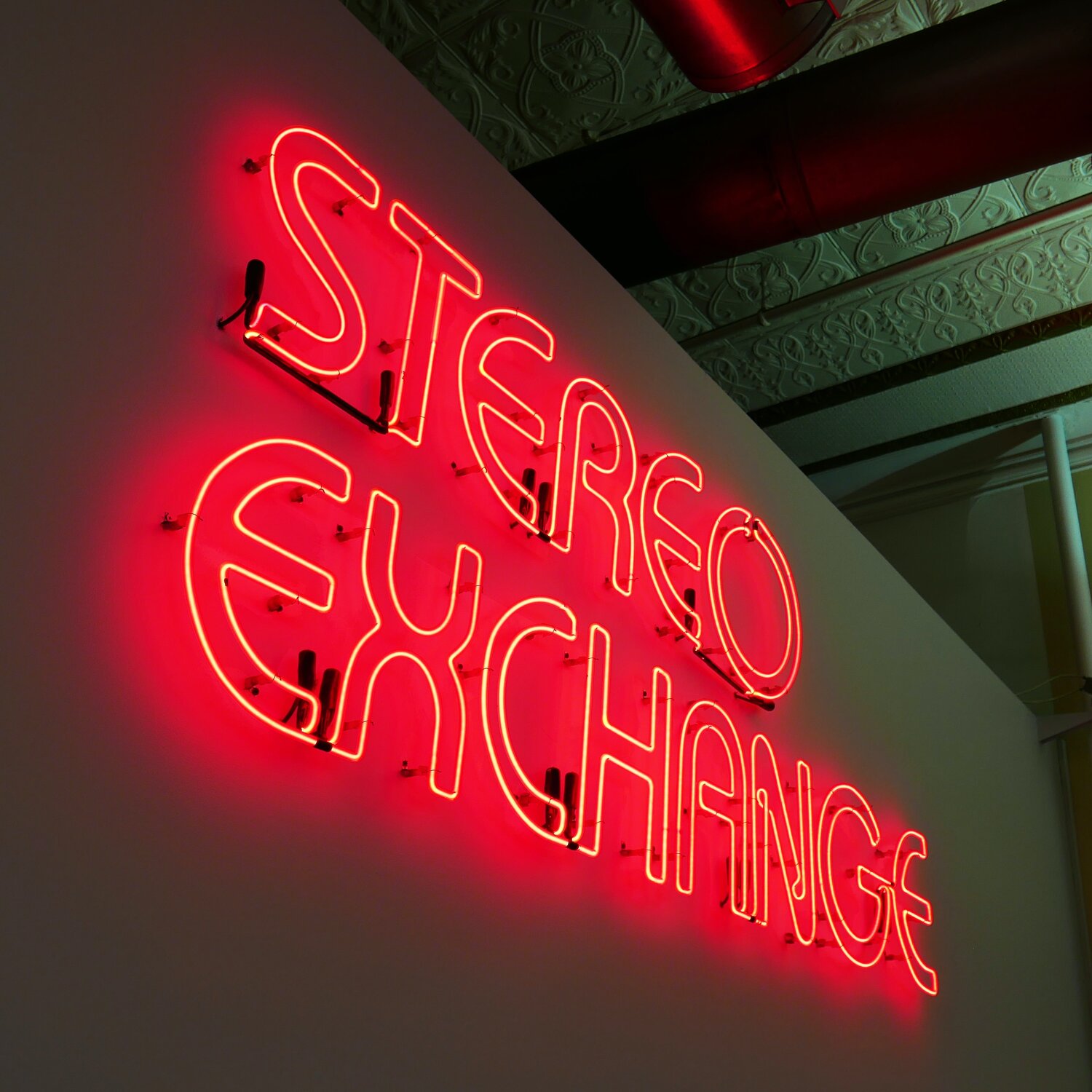I am intrigued and enthralled by Karen's post and general philosophy towards the challenge of reproducing music in our home environments. I share her scepticism about the typical "audiophile" vocabulary used by the enthusiast or the press. The concepts she refers to, such as pinpoint imaging, etc., are far removed from music terminology and concepts, such as tone/pitch, rhythm and dynamic shading. I have been advocating opting for the latter rather than the audiophile concepts when choosing and evaluating a system or product.
The second theme that I take from her input is how the press and manufacturers are in a dance to either actively promote this set of audiophile fixations or are perhaps being complicit and unintentionally creating an echo chamber that reinforces the focus on these fixations.
Then the next theme relates to the effect of the room on what we perceive, and I think that few would deny the impact of the room as a critical component of the holistic system, especially the interaction of the room with the speakers and the other components, although to a lesser degree.
I am, however, curious about how she will build the narrative that the heart of the dilemma is the nature of the listening room, those of the reviewer, and our listening rooms. As far as I am concerned, there is a jump in the logic, from the terminology discussion to the quality of the listening rooms. I look forward to reading her thoughts as she continues building her narrative.
I came across the following musing from someone in the industry from Hong Kong, a distributor with an interesting take on the same topic.
First of all, let me get off my chest one or two pet hates! I really dislike the expressions "audiophiles" and "Hi Fi" and I will only use these terms in a pejorative way. I know they are used frequently in "our hobby" but I dislike the expressions, and I will explain w

www.audioevidence.com



